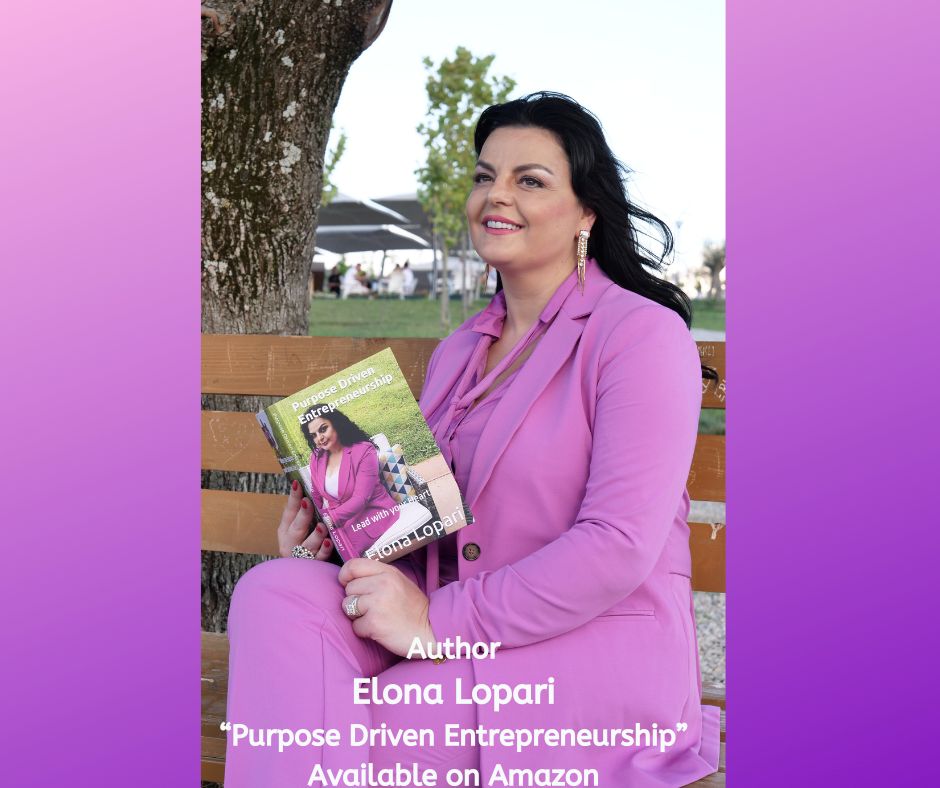Welcome to our Blog! |
|
Hello, everyone!
Today, I will be talking about how to build strong and healthy romantic relationships. What do relationships that last and thrive have in common? Emotional responsiveness. Now this may sound simple and obvious, but it’s not. I believe that if everyone knew the importance of emotional responsiveness there would not be so many divorces or single individuals not being able to find a partner. Here's what lack of emotional responsiveness looks like. Your partner comes home from work, says hello to you and the kids, and asks you about your day, and then looks away when you start to speak. They are not present, probably still thinking about work, and you feel like what you had to say doesn't matter. Sound familiar? Now, here's another picture of what emotional responsiveness looks like. Your partner comes home from a long day at work, and you ask them how their day went. They say fine. When it’s your turn, you say, “I had a really tough day, did not get any work done. Had to pick up Max from school, and he threw up all over the house.” Your partner responds, “Oh, I am so sorry to hear that. Let me cook dinner for us. Is there anything else I can do for you?” Exhausted but happy to be seen and heard, you respond, “Thanks hun” and melt into the warm embrace of your partner's arms. In this second example, your partner is happy to come home and tune in where you're at. When you express vulnerability about the challenges of your day, your partner will offer support and treat you like you are a priority. When you're really connected, your relationship improves. Emotional responsiveness contains three crucial elements:
Your level of emotional responsiveness can truly make or break your relationship. What I know is that most people did not receive a high level of emotional responsiveness in childhood and when they're looking for a partner, they have a hard time finding it. We have also learned from culture that emotional independence is the goal, and even though it is important in relationships, we need each other to strive. We are wired for companionship and connection. As a couple, you have to be responsive to each other’s needs. Emotions are fundamental in creating a healthy thriving relationship. So, if the key to a healthy thriving relationship is emotional responsiveness, then what is blocking so many of us from being emotionally responsive partners?
How do you remove these blocks?
Stay tuned for more great topics and tips that you can use in your life and business right away. If you found this post helpful today, be sure to subscribe because it will only get better from here. I cannot wait to connect with you here again next week! Visit my website elonaloparicoaching.com where you can find more articles and resources!
0 Comments
Leave a Reply. |




